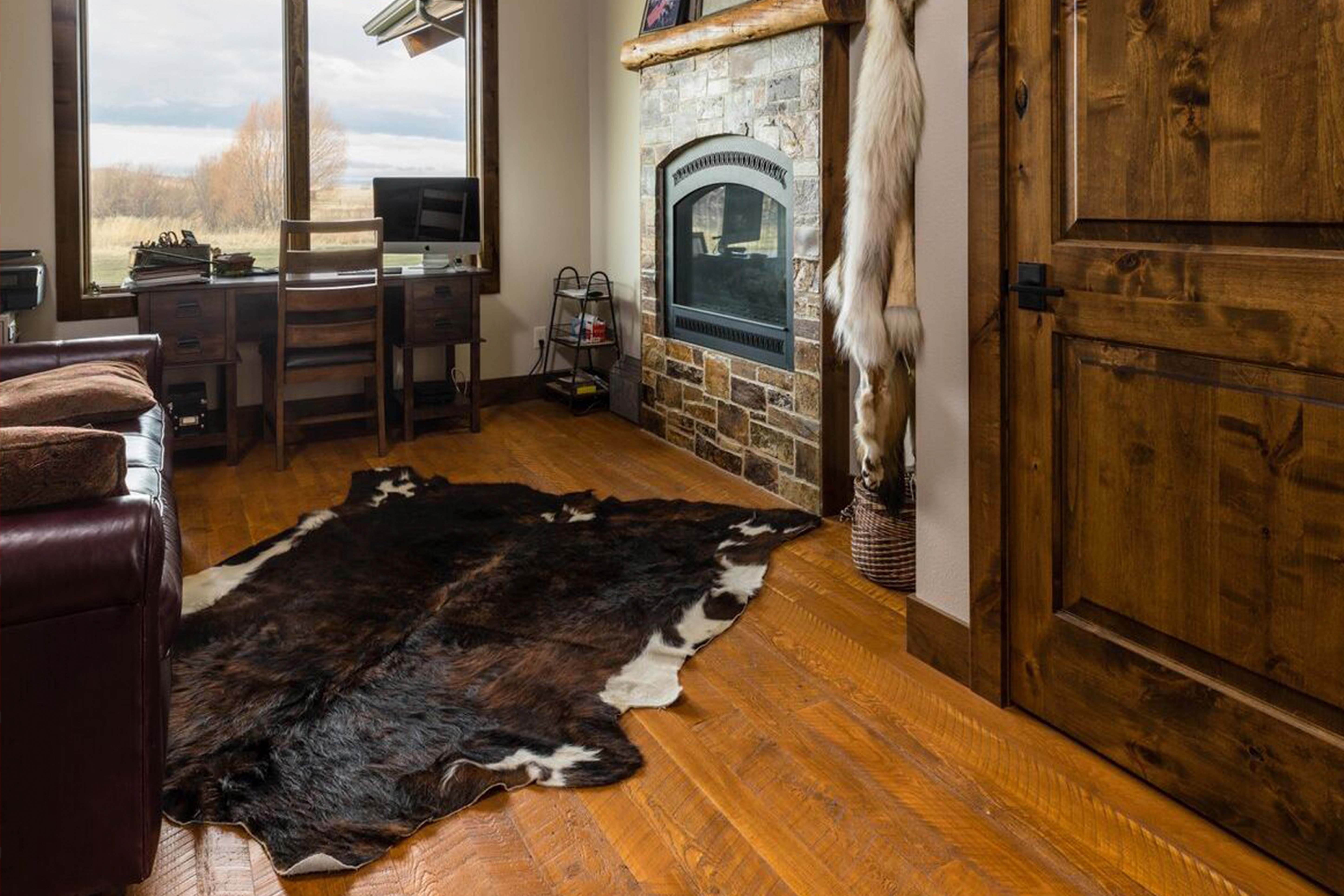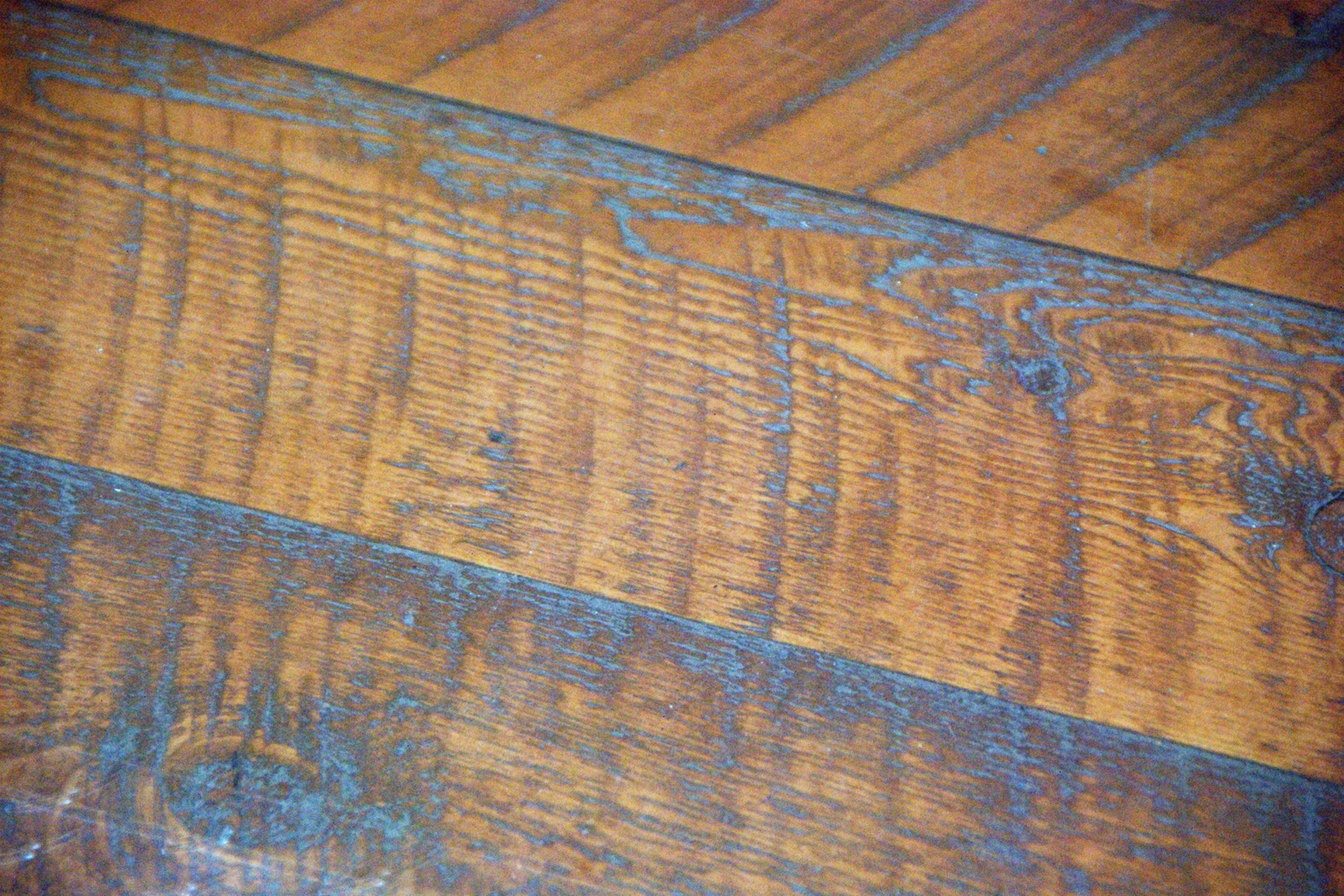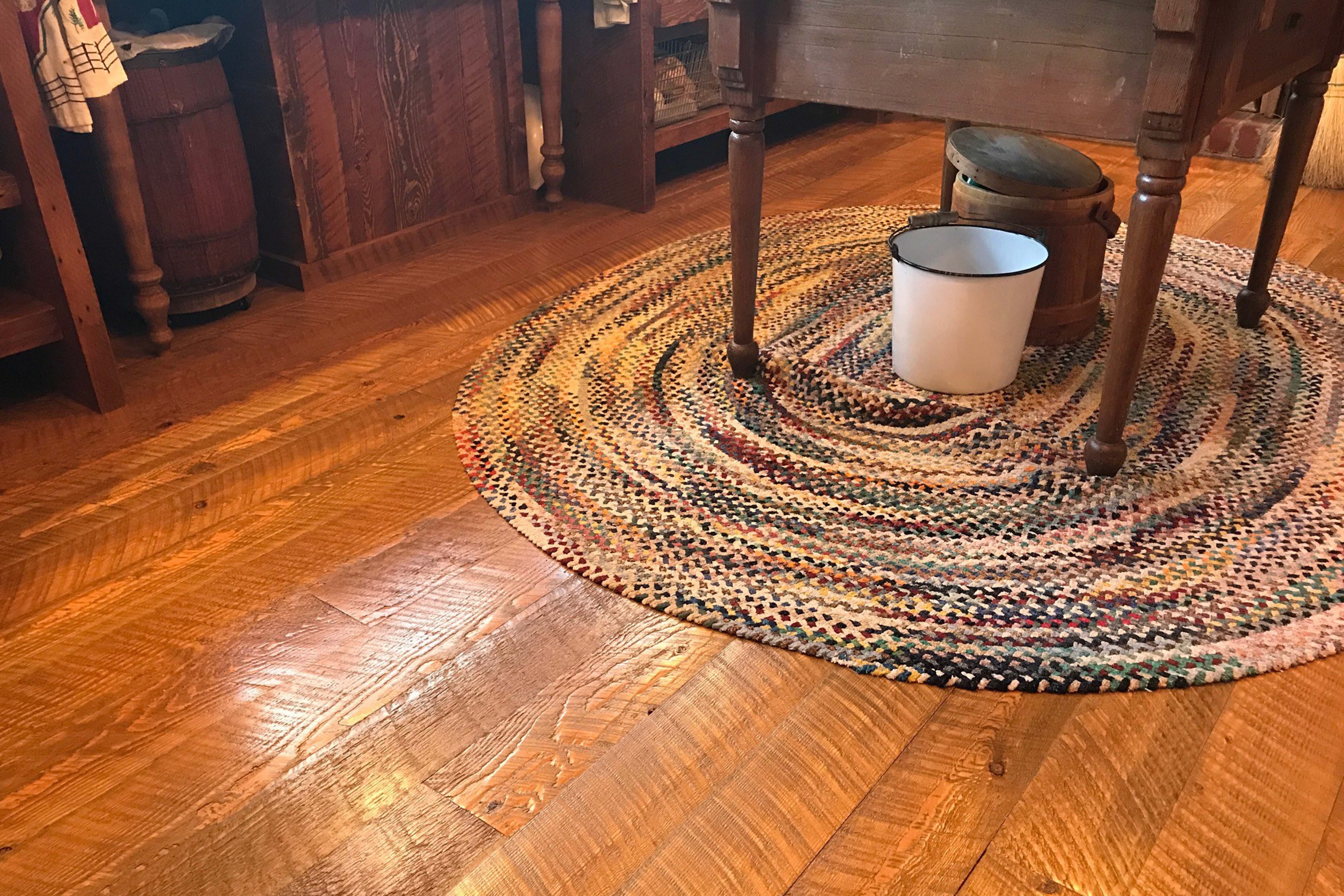
When it comes to flooring, solid wood and engineered wood are both popular choices for home and commercial buildings alike. There are pros and cons to every flooring option, so it's important to weigh your options before making a decision you may have to live with for years or even decades to come. In this blog, we'll discuss how each option fares when it comes to character, durability, ease of maintenance, and resale value.
Character
In regards to character, solid wood is exactly what you'd expect – natural, authentic material. Solid wood is a natural material, and, as such, it can move, expand and contract over time depending on environmental elements. Likewise, it tends to bring warmth to spaces and reflect the beauty of the outdoors. Solid wood flooring comes in a large variety of species and can be finished and stained in a variety of ways to achieve the color and look you're going for. The beauty of solid wood flooring is that its natural look appeals to almost every aesthetic, including both modern and more rustic homes. In general, solid wood flooring tends to come in narrower boards with a tight fit.
Engineered wood is still made of natural wood products, but it's usually engineered in 7-9 layers, with top and bottom layers of solid wood and the rest of plywood. Engineered wood is not to be confused with laminate, which is another type of engineered flooring that's entirely synthetic but still mimics the look of wood. With engineered wood, the boards tend to be wider with a slightly looser fit between them. It's almost always sold pre-finished, and there's often a narrower range of available colors and species than solid wood flooring. It also generally tends to look flatter and more uniform, with less of the natural character that solid wood is known for.

Durability
Both solid wood and engineered wood floors are durable options, but there are some key differences to consider based on your lifestyle. Solid wood floors easily win when it comes to lasting power as they can be refinished multiple times throughout their lifetime. So, if you're planning to remain in a home for a long time, solid wood floors are a great choice. However, you want to ensure that environmental factors such as humidity can be controlled, as too much moisture can cause solid wood boards to swell and warp.
On the other hand, engineered wood generally lasts for a shorter period of time. However, it's likely the right choice for a very humid environment, as its plywood layers make it less susceptible to swelling and warping.

Maintenance
When it comes to cleaning your wood floors, both products are easy to clean. Just sweep or vacuum, and avoid using water or steam to clean either type.
As mentioned above, solid wood flooring can be maintained for longer since you can sand and refinish them multiple times. You may be able to refinish some engineered wood flooring once or twice, depending on its quality. However, some engineered wood floors can not be refinished if the top layer is too thin.
Resale Value
While both types of wood flooring are generally an attractive attribute to buyers, some buyers do place a higher value on solid wood flooring. Because solid wood flooring can be more expensive and last longer, it's a highly sought-after investment to inherit.
If you decide that the natural appearance of solid wood flooring is for you, consider the Montana-made circle-sawn wood flooring from Marks Lumber. Our locally-sourced Douglas fir wood floors add a unique, rustic character to any space - plus, they can last for many years. Have more questions about the benefits of solid wood flooring? Contact our experts at Marks Lumber today!
